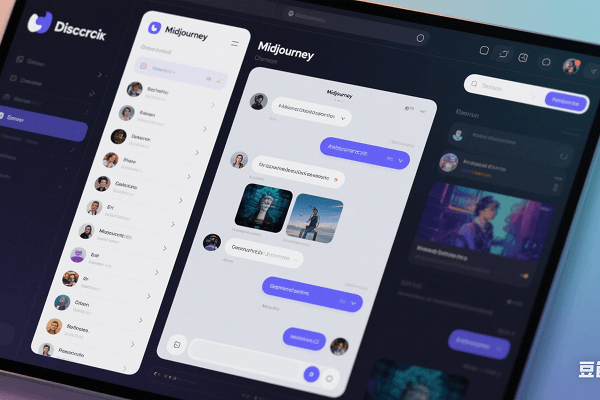
Hot Picks
How to run Facebook ads in 2025? Ideas

Hot Picks
How to promote on Amazon? Sharing various promotion methods

Hot Picks
Choose BitBrowser for fingerprint browsers, and look for the only official website: bitbrowser.cn
Can a proxy IP-specific fingerprint browser hide local user privacy?
Time: 2024-07-27 10:50 Click:

With the popularity of network applications, personal privacy protection has become an increasingly important topic. Proxy IP and fingerprint browser, as two common network security tools, are widely used to protect user privacy and enhance network security. So, can the fingerprint browser used in combination with the proxy IP really effectively hide the privacy of local users?
First of all, we need to understand the basic principles of proxy IP and fingerprint browser. Proxy IP, also known as proxy server, operates based on network protocols and protects user privacy by intercepting and forwarding request and response data between the client and the target server. When a user initiates a network request, the proxy IP will initiate a request to the target server on behalf of the user, and forward the response to the user after receiving it. In this process, the user's real IP address is replaced by the proxy IP, thus achieving anonymity. The highly anonymous proxy IP will not reveal any information about the user's access through the proxy in the HTTP header, thereby protecting the user's original IP address from being discovered to the greatest extent.
On the other hand, the fingerprint browser disguises or modifies the user's browser fingerprint information (such as browser type, version, plug-in, etc.) to make each browser instance look like a new and independent user. This technology makes it difficult for websites to track users' identities and browsing behaviors through browser fingerprints, thereby enhancing user privacy protection. Fingerprint browsers can also randomly change the characteristic parameters of the browser each time it runs, further reducing the probability of being identified.
Using proxy IP and fingerprint browser together can provide users with more comprehensive privacy protection. Proxy IP is responsible for hiding the user's real IP address and preventing location information from being tracked; while fingerprint browsers prevent websites from identifying users through browser features by disguising browser fingerprint information. This dual protection mechanism makes users' network activities more difficult to track and identify, thereby greatly enhancing the effect of privacy protection.
However, it should be noted that although proxy IP dedicated fingerprint browsers can hide users' privacy to a large extent, they are not absolutely safe. First of all, users need to choose high-quality proxy IP and fingerprint browser services to ensure their stability and high anonymity. Avoid using free or low-quality proxy services, because these services are often unstable, slow, and easily identified as proxies, which may increase security risks. Here we recommend the popular fingerprint browsers on the market to create a virtual security environment. Using BitBrowser Fingerprint Browser can manage multiple accounts, and the anti-association effect can generate fingerprint information between each window.
Secondly, users also need to pay attention to other privacy protection measures during use, such as using strong passwords, changing passwords regularly, and not clicking on unknown links at will. At the same time, regularly changing proxy IPs is also one of the important means to maintain anonymity to reduce the risk of being blocked.
In summary, the proxy IP dedicated fingerprint browser can indeed hide the privacy of local users to a large extent, but users still need to carefully choose services, pay attention to other privacy protection measures, and flexibly configure them according to actual conditions. Only in this way can a truly safe and anonymous web browsing experience be achieved.

 Multi-Account Management
Multi-Account Management Prevent Account Association
Prevent Account Association Multi-Employee Management
Multi-Employee Management



